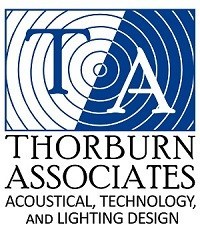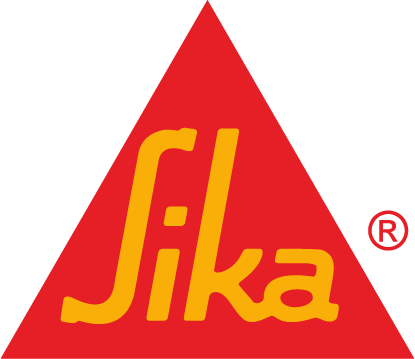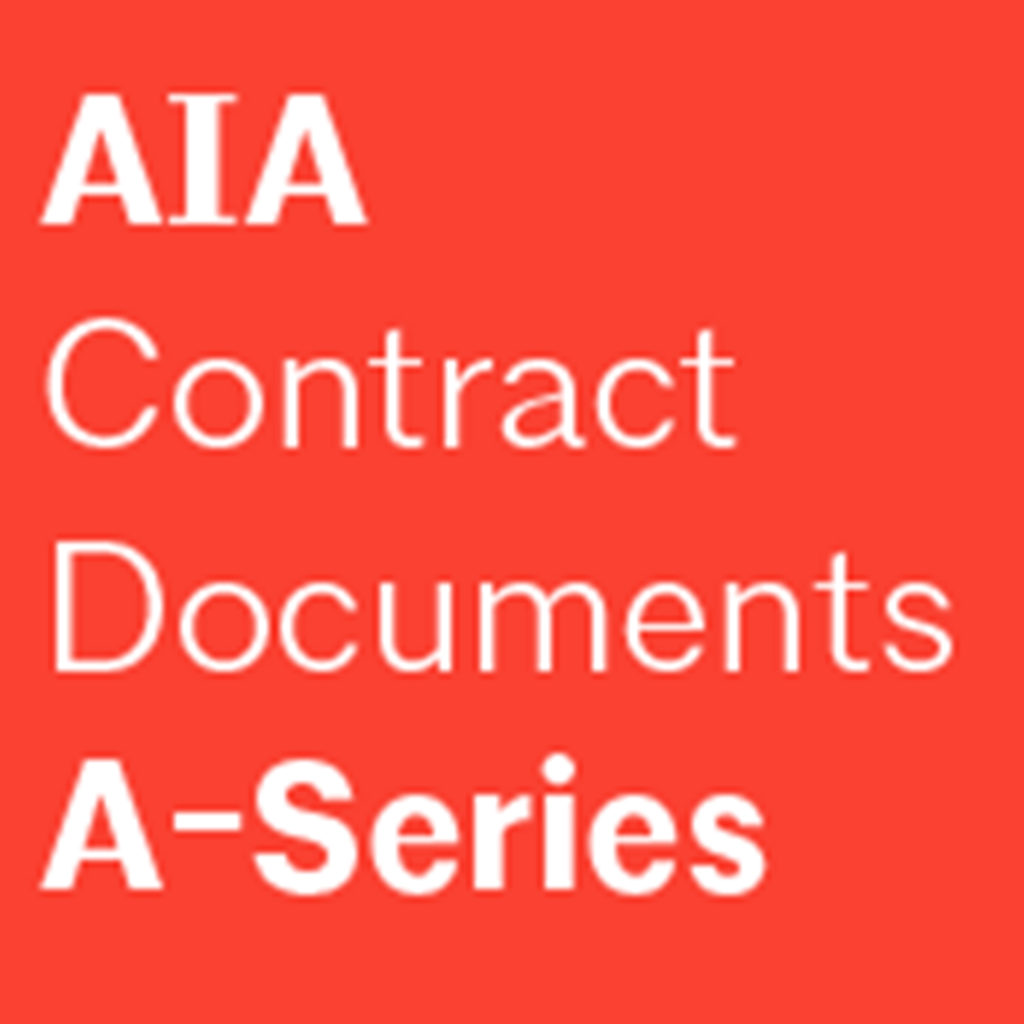Learn about the latest trend in interior design: Biophilic Design, which is the incorporation of natural elements using design techniques to improve the environment, employee well-being and productivity. This presentation is more than just theory, it offers case studies and data that back up this type of design and shows how retail, commercial, school, health and hospital buildings and employees can benefit substantially by incorporating the principles of biophilic design. From water features, daylighting, acoustic treatments, sounds and natural imagery to analogs of nature and elevated visual planes, the techniques and materials to invoke them are available for the next generation of design.
Educational Event
Acoustics, Technology, and Lighting – The Impact of COVID-19
This session will review the impact COVID-19 will have on building design and systems as it relates to acoustics, technology, and lighting design. Acoustically, the workplace will require redesigning. The current high-density hoteling of workers will not be accepted in the future due to social distancing. This will impact office acoustics as well as noise levels within restaurants.
Over the last 3 months, the A/E industry has found that most of us can work from a laptop and if we have a high-speed connection, can work from home. We have been remotely doing that at client meetings and job sites for years. It is the actual production work that is more efficient on larger and multiple monitors that will create the challenge.
Resinous Floor and Wall Surfaces for Educational Facilities
Given the varied use of educational facility spaces – from classrooms to kitchens to gymnasiums – the selection of proper floor and wall surfaces is a complex decision involving many environmental considerations. The right system protects your investment, the wrong system could result in costly repairs, damage to the building and its contents, possibly an early replacement, regulatory citation or disruption to students and faculty. During the presentation, the presenter will discuss the following learning objectives to get a better understanding of resinous floor and wall surfaces for educational facilities.
The AIA’s New Sustainable Consultant Scope of Services and Revised Guide
Owners are realizing the value of incorporating sustainable design and materials into their facilities has on the environment, building efficiency, and occupant health. Many owners are now shifting traditional sustainability coordination efforts from architects of record to consultants who specialize in sustainability and may or may not be architects.
Through-Wall Flashing compatibility, Sustainability, and Performance
Southeast Concrete Masonry Association (SCMA) has created a Concrete Masonry Academy designed to provide monthly education webinars on a variety of topics for all industry professionals at no cost.
The SCMA will continue to focus on the design and construction of Concrete Masonry buildings. The instructors will include member experts along with other industry presenters. Each webinar will offer either AIA-CES Learning Units and Professional Development Hours.
Understanding Structural Masonry
Southeast Concrete Masonry Association (SCMA) has created a Concrete Masonry Academy designed to provide monthly education webinars on a variety of topics for all industry professionals at no cost.
The SCMA will continue to focus on the design and construction of Concrete Masonry buildings. The instructors will include member experts along with other industry presenters. Each webinar will offer either AIA-CES Learning Units and Professional Development Hours.
Masonry iQ
Southeast Concrete Masonry Association (SCMA) has created a Concrete Masonry Academy designed to provide monthly education webinars on a variety of topics for all industry professionals at no cost.
The SCMA will continue to focus on the design and construction of Concrete Masonry buildings. The instructors will include member experts along with other industry presenters. Each webinar will offer either AIA-CES Learning Units and Professional Development Hours.
AIAU: US State and Local Codes
Codes and standards are developed scientifically and support the needs of our society extremely well. But because we have such a large country, local variations make the codes complex and difficult to digest, understand, and comply. As architects, we are responsible for satisfying society’s demands for buildings that are safe, secure, healthy, energy efficient, accessible, functional, sustainable, and high-performance, all while complying with enforced codes and standards. This session will explore the challenges architects face with codes and standards while navigating solutions, offering best practices, and providing strategies for managing compliance.
AIAU: Acoustics in Open-to-Structure Environments
As more and more commercial interiors, from offices to schools, veer toward open concepts and exposed structures, the spaces become susceptible to noise. And for occupants, excessive noise can lead to increased stress, lower productivity, decreased focus, and poor communication. This session will help architects understand the challenge by exploring how sound is generated, transmitted, and reverberates. Attendees will learn a simpler approach to sabins, how to calculate absorption, and how to apply that knowledge to designing ceiling systems that hit the sweet spot for noise reduction.
AIAU: Rapid-Response Housing in Pandemic Environments
King County, Washington, was the “epicenter” of the COVID-19 pandemic in the U.S. Learn how DLR Group partnered with the county to deliver nearly 1,000 quarantine, assessment, and recovery beds in various communities within a matter of weeks through rapid assessment, design, and construction methods. Lessons learned will equip designers and communities to better manage pandemic events in the future.






